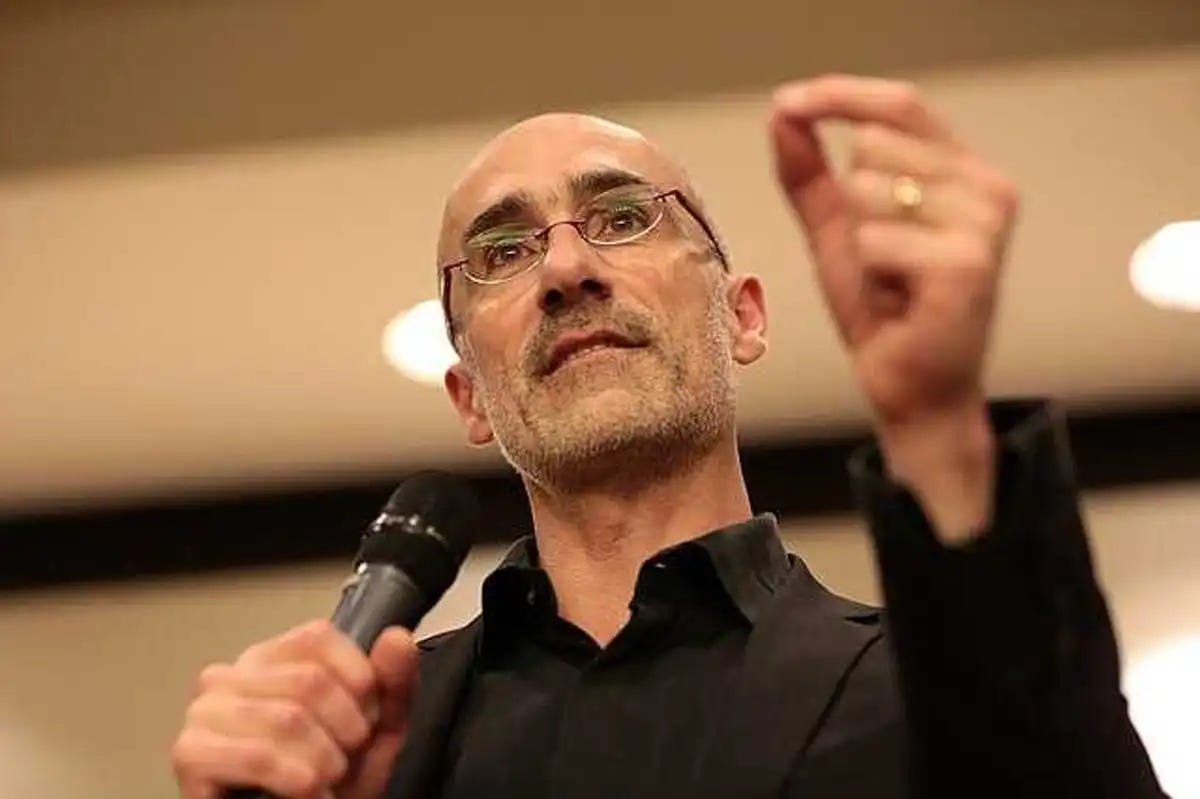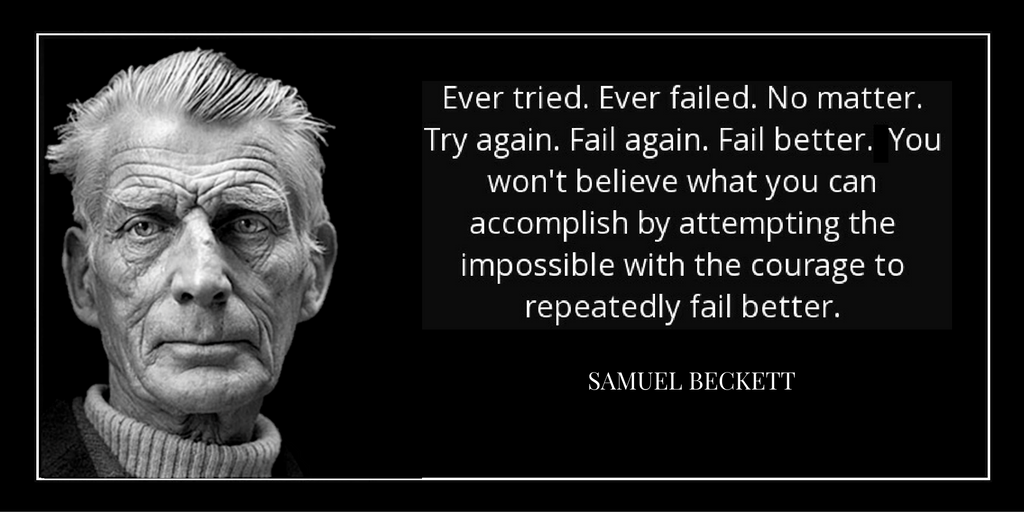The reverse bucket list
Make your life easier by deciding what you don't need to strive for
I was struck recently by this piece in Upworthy: Happiness researcher explains how making a ‘reverse bucket list’ can change your life. It wasn’t entirely what I was expecting, but I rather like it.
I assumed that a ‘reverse bucket list’ was a list of things you want to actually avoid doing: a tool to steer your life by deciding what to avoid. That can be a useful technique when you’re trying to figure out which direction you want your life to go. It doesn’t have to be an entirely negative thing: you can frame them as potential outcomes where you’re prepared to put in the effort and take steps to ensure they don’t happen.
What Brooks suggests, though, is subtly different. His ‘reverse bucket list’ are things which he wants, but isn’t prepared to stress about. They’re desires, but they’re not actually that important. It’s the difference between what he really wants, and what he would like. Or, if you prefer, goals and stretch goals.
His approach to this is interesting, though. Instead of having all these stretch goals on his mental to-do list, he puts them on his reverse bucket list and then crosses them off right away, telling himself that they are not important. He acknowledges the desire, but rejects the attachment. If they happen, they happen, but he’s not staring at a list of “things he wanted to do but never got around to.”
As a compulsive list-maker, I’m pretty ruthless at distinguishing between my priorities and my stretch goals. Most of the time, I’m not too worried if I don’t get through all of my stretch goals, but I’m always conscious that they’re there, and they’re waiting on me to get around to them, which can, at times, make me feel bad.
So I’m intrigued by this concept of actively crossing them off my to-do list without actually doing them. It feels counter-intuitive in many ways, and I’m worried that I’ll end up forgetting about things I wanted to do, but maybe that’s the point. If I really wanted to do them, I’d remember them and do them. If I forget about them, they probably weren’t that important after all, so why worry about them? And, as I’ve said before, when you set out to do less, you often achieve more.
Realistic goals, real change
I've written several times before about how trying to do too much can be a major source of stress. We set ourselves impossible targets, often because we feel that's what's expected of us, fail to reach them, and feel bad about ourselves.
I’m not a doctor, dietitian, nutritionist, therapist, psychologist, psychiatrist, meditation trainer, yoga teacher, or anything else. My academic background is in anthropology, and I’ve taken some neuroscience courses, but otherwise I’m self-educated. Nothing in this blog constitutes professional advice.




I must admit I do take this attitude a lot now - If I forget about them, they probably weren’t that important after all, so why worry about them?